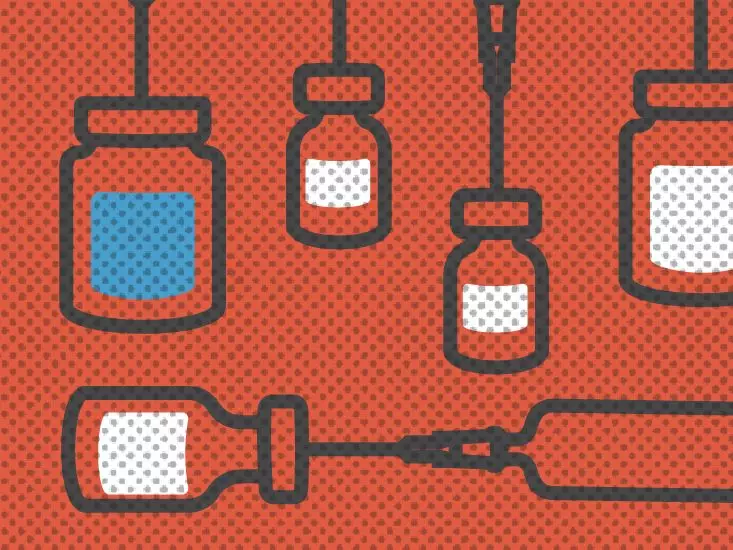Abilify Asimtufii is a prominent medication primarily used to manage certain mental health disorders, notably schizophrenia and bipolar I disorder. The main active ingredient in this treatment is aripiprazole, which has garnered attention for its therapeutic effects. Before a patient begins treatment with Abilify Asimtufii, physicians typically prescribe an oral variant of aripiprazole to assess tolerance and ensure that the patient can safely manage the drug’s effects. This precaution underscores the importance of monitoring patient responses to antipsychotics.
Abilify Asimtufii is distinctively available in an extended-release (ER) liquid suspension format, delivered through a pre-filled syringe, allowing for precise dosage. Healthcare providers administer the medication via intramuscular injection into the gluteal muscle, emphasizing its long-acting nature designed for convenience and adherence. The two available strengths—720 mg per 2.4 milliliters and 960 mg per 3.2 milliliters—provide flexibility in dosing depending on the individual’s treatment needs.
The standard dosage for adult patients diagnosed with schizophrenia is typically set at 960 mg administered bi-monthly through injection. For stability in treatment management, patients already using an oral antipsychotic are advised to continue that regimen for two weeks post the first Abilify Asimtufii injection. Should a patient experience adverse reactions at this maximum dosage, a healthcare professional might consider reducing the dose to 720 mg while maintaining the same injection schedule. Similarly, for individuals dealing with bipolar I disorder, the same dosage guidelines apply: 960 mg bi-monthly, with potential reductions for tolerance or side effects.
Addressing Missed Doses and Treatment Duration
In the event a patient misses an appointment for their injection of Abilify Asimtufii, it is critical to contact the prescribing physician promptly. Rescheduling the missed dose can help maintain therapeutic efficacy. However, if a patient finds themselves more than six weeks late for an injection, it may also involve a short course of oral aripiprazole to bridge the treatment gap and ensure continued efficacy.
Moreover, Abilify Asimtufii is positioned as a long-term treatment option. If both the patient and the doctor find the medication effective, the treatment may continue for an extended period, fostering a stable course for managing the underlying mental health condition.
As with any psychotropic medication, continuous evaluation from healthcare professionals is essential when using Abilify Asimtufii. This careful monitoring allows for dosage adjustments and ensures the effectiveness and safety of the treatment. Overall, by understanding the specifics around this medication, patients can better engage in their treatment plans and advocate for their health needs.


Leave a Reply